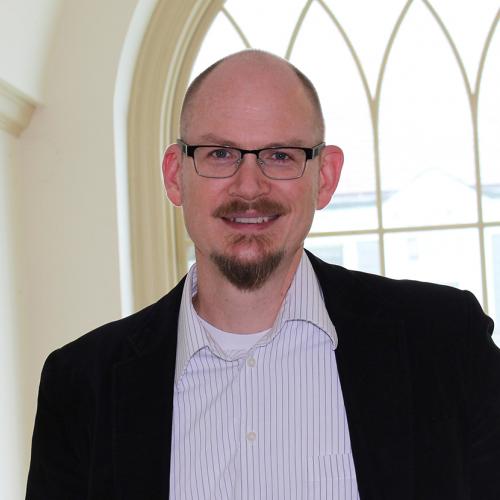With support from the National Humanities Center, Professor Ted Underwood is examining patterns of human perspective throughout two centuries of literary history. The Center is a residential institute for advanced study in art history, classics, languages and literature, philosophy, and other fields of the humanities. In addition to pursuing their own research and writing at the Center, fellows form seminars and study groups with cohorts holding shared research interests.
Underwood received the Center's M. H. Abrams Fellowship for 2018-2019 for his book project, "A Perspectival History of Fiction in English, 1800-2008." The project builds on an insight from his book, Distant Horizons: Digital Evidence and Literary Change (The University of Chicago Press Books, 2019), that Underwood described as "capturing subjective associations that define a particular, time-bound perspective in literary history, which is often exactly the goal of our research."
"Recent advances in using computers to understand literary history have actually depended, in large part, on getting the perspective of human readers," he said. "If we just look for 'patterns in the library'—well, there are definitely a lot of patterns there! But we don’t necessarily know what they mean."
According to Underwood, in order to understand the human meaning in literary history, we need evidence about what readers thought at the time. For example, what kinds of literature had prestige, and how did readers in the early twentieth century sort books into genres? To obtain this sort of evidence on the scale needed for computational pattern analysis, Underwood is organizing a large database of book reviews of fiction, drawing on several different sources.
In addition to Distant Horizons, he has authored two other books about literary history, Why Literary Periods Mattered: Historical Contrast and the Prestige of English Studies (Stanford University Press, 2013) and The Work of the Sun: Literature, Science and Political Economy 1760-1860 (New York: Palgrave, 2005). Underwood is a professor in the iSchool and also holds an appointment with the Department of English in the College of Liberal Arts and Sciences. He earned his PhD in English from Cornell University.
